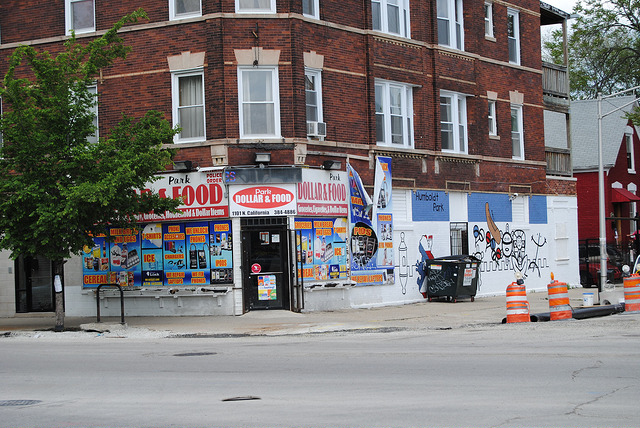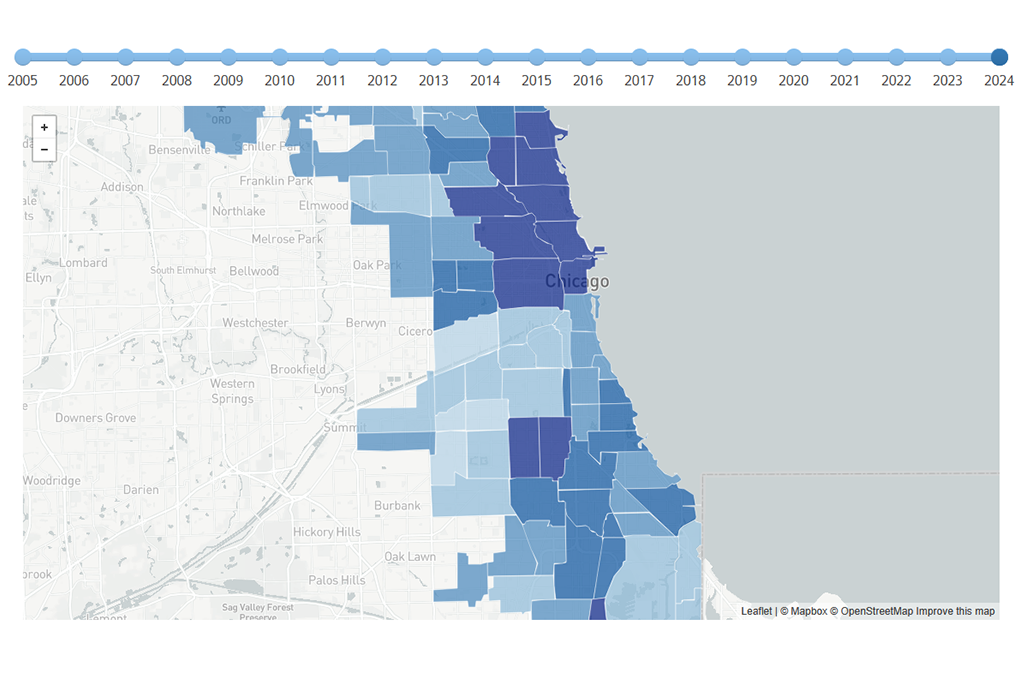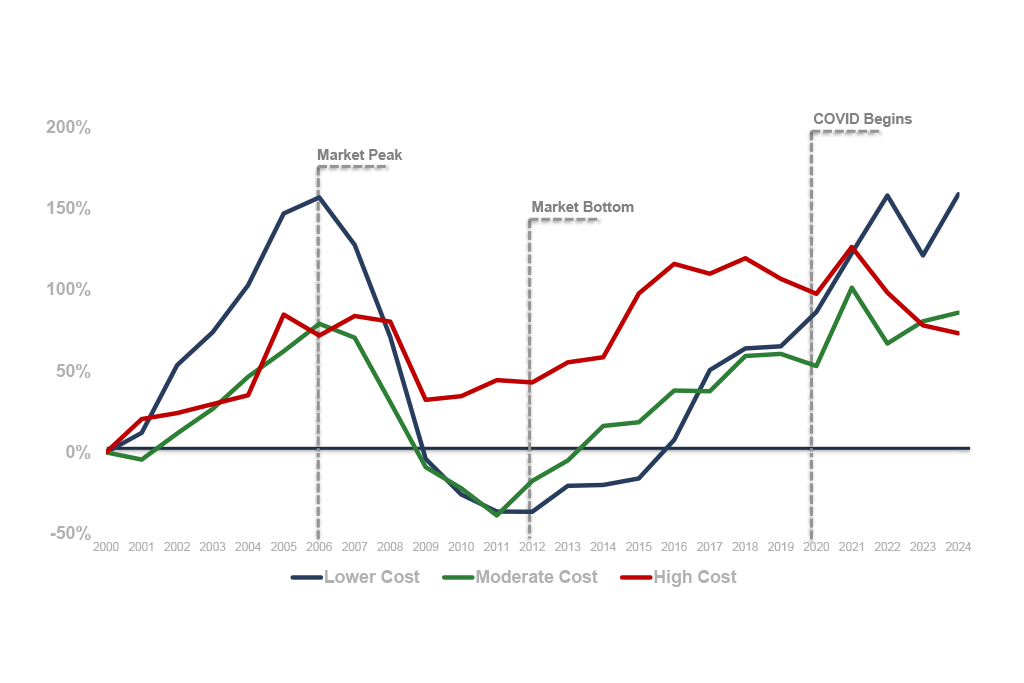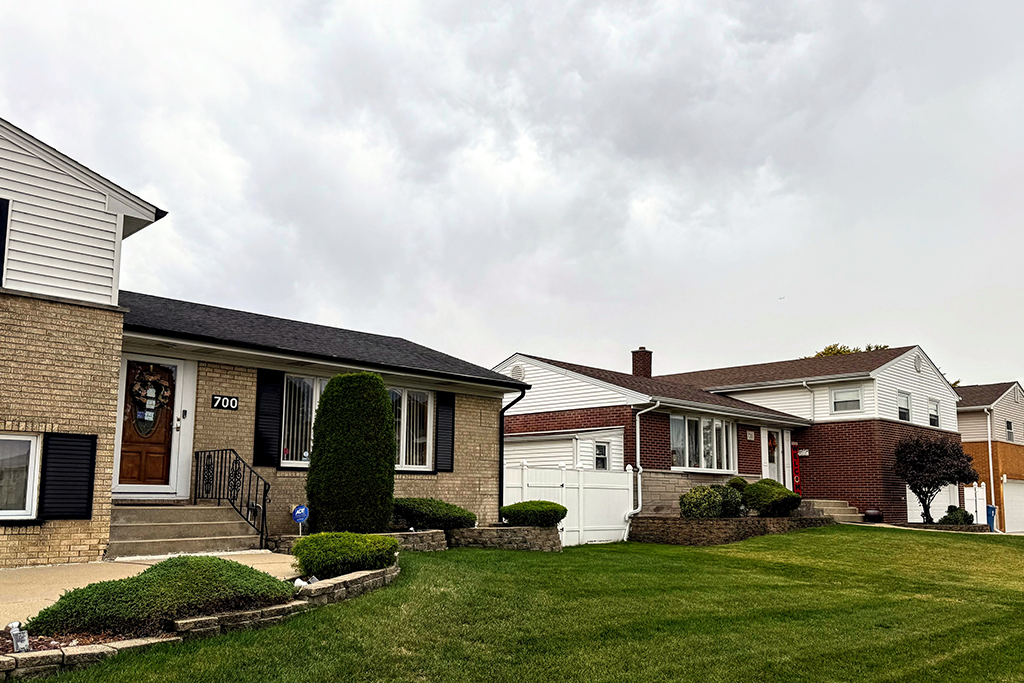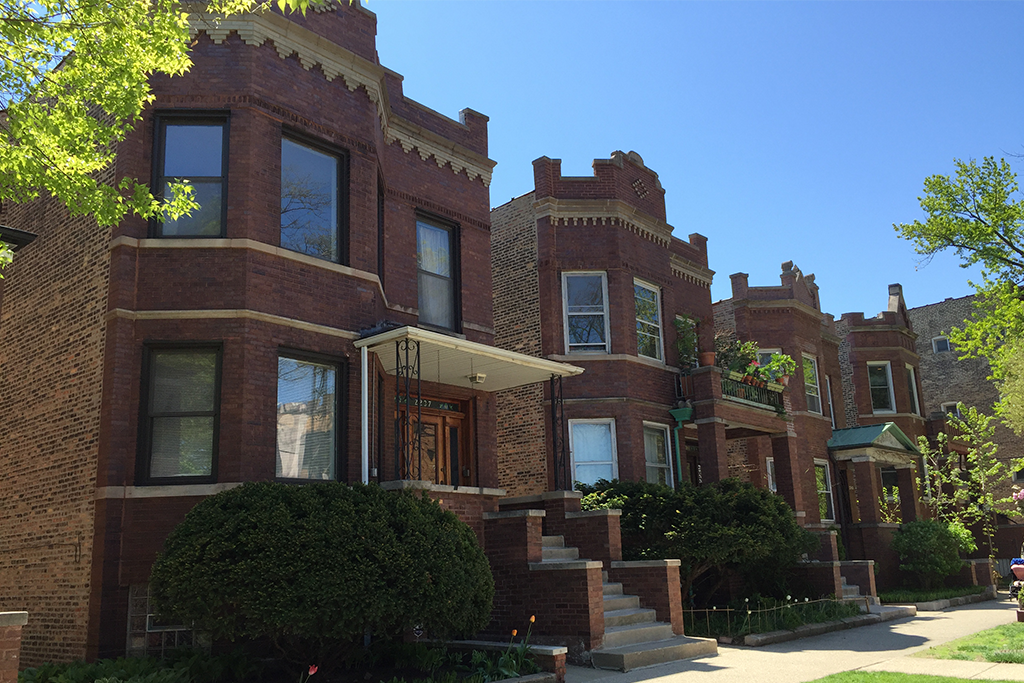The connection between neighborhood and health
Where you live may have a bigger impact on how long you live than your genetics, says the Robert Wood Johnson Foundation. They mapped life expectancy along major highway exits and transit stops in large metro areas and found that babies born just miles apart have large gaps in life expectancy. In Chicago, for example, there is a 16-year difference between just a few train stops.
Now, there's a lot going on between point A (neighborhood) and B (health), but it’s safe to say that where you live affects many aspects of your life, so why not health?
We’ve been working with the University of Illinois at Chicago using two unique data sets to examine any links between health, in this case weight gain, and foreclosures in Chicago, which we will release later this summer. But our early work has made us wonder: what is the connection between neighborhoods and health?
Here’s what we found.
- Big picture: Two neighborhood factors stand out in the connection to health: social
cohesion and environmental
hazards. In both cases, residents’
surroundings can affect their mental well-being or, in the case of
environmental hazards, physical health and safety. When foreclosures change the
composition of a neighborhood, for example, social supports may disappear and a
sense of isolation may set in, or bonds between community members may be
frayed, reducing trust, the important glue that makes communities tick. That
may in turn increase stress, which itself can affect health.
Environmental risks, from landfills to brownfields and pollution, also affect health. When E-ZPass was installed in the Northeast, for example, reducing congestion and vehicle emissions near toll plazas, premature births and low birth weights decreased among residents living nearby. - Similarly, neighborhood disorder and concentrated poverty are linked to greater mental distress, which can affect physical health. The effects are particularly pronounced among adolescents. Environmental chaos is also linked to poorer health and developmental delays among young children.
- Housing quality and overcrowding are linked with poorer mental health among low-income families. Homes that are in bad shape, with broken windows, poor heating, rodents, and other conditions, are linked to more depression, anxiety, and overall mental health issues among adults and children living there. Crowding can also affect mental health, for children in particular. Foreclosures can lead to overcrowded housing as families double-up after losing a home, and ongoing hardship can mean owners can no longer keep up on repairs.
- Neighborhood violence—whether or not a person experiences the violence—can contribute to poorer physical and mental health. The increased stress of worrying about crime, or from direct victimization, can persist and lead to unhealthy choices, such as smoking, and can do damage to the body’s immune system. Foreclosures in Chicago have been linked to upticks in violent crime.
- Housing insecurity is linked with poor health, food insecurity, lower weight, and developmental risk among young children. In older children, housing insecurity—which can entail frequent moves and the threat of homelessness—is associated with poor mental health and behavioral issues.
One element that runs through many of the health studies is the impact of stress—stress from living in declining neighborhoods, financial stress, stress from poor housing quality or overcrowding.
Any doubt remaining that neighborhood and health are connected was put to rest with the gold standard of studies, Moving to Opportunity. In that study, families living in high-poverty neighborhoods were given a housing voucher to move to lower-poverty neighborhoods. They were then compared with similar families who remained behind. Results showed that families that moved to lower-poverty neighborhoods had better health, including reduced obesity. In Chicago and elsewhere, high-poverty neighborhoods are also some of the most affected by foreclosures.
The jury is still out on the exact connector between health and neighborhood, but it should go without saying that improving a neighborhood has more benefits than just economic development.
Photo/Barbara Ray
